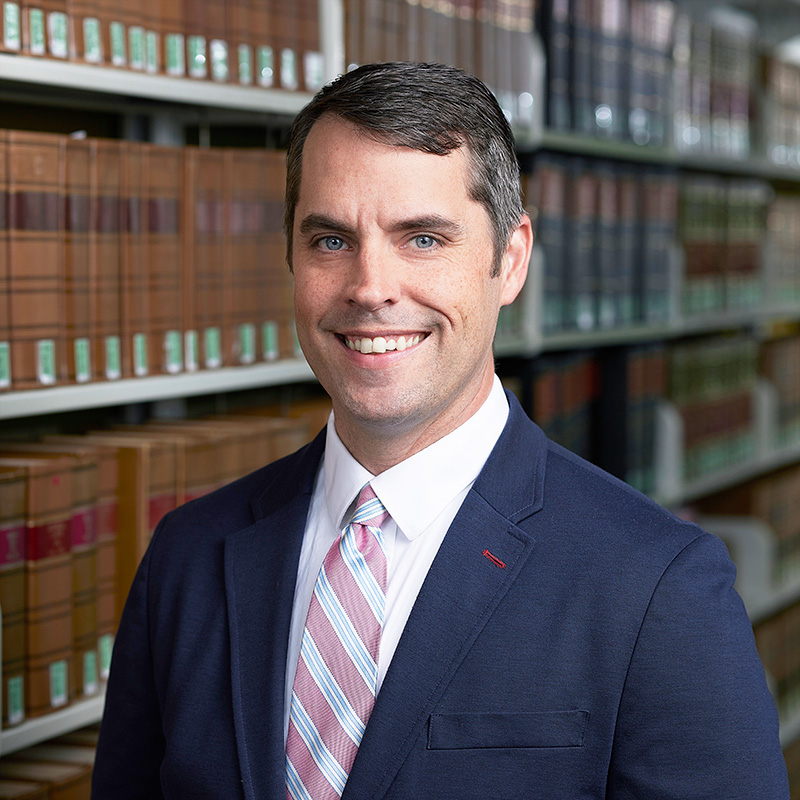Matthew Lawrence appointed public member of ACUS

Associate Dean of Faculty and Associate Professor of Law Matthew Lawrence has been appointed as a public member of the Administrative Conference of the United States (ACUS). ACUS is a non-partisan, independent, statutorily-created agency that functions to improve federal regulatory processes and administrative law through research and the provision of recommendations and advice to agencies. Along with eight additional new public members, his term will begin on July 1 of this year.
The new appointments were announced in a press release on May 20, stating: “The ACUS welcomes these distinguished new members and thanks them for volunteering their time in the service of ACUS’s important mission to improve administrative procedure for the benefit of the American people.” Public members of ACUS are selected by the chairman and council of the conference for their “knowledge and experience with reflect to federal administrative procedure.”
“It is a tremendous honor to serve as a public member on the ACUS,” Lawrence said regarding his appointment, “I will do everything I can to help ensure we develop recommendations that, in the words of the ACUS statute, ensure that ‘federal responsibilities [are] carried out expeditiously and in the public interest.’”
Lawrence, an expert in administrative law and health law, has taught 1L Legislation & Regulation, Health Care Finance, and Federal & State Budget Policy at Emory University School of Law. He has extensive federal regulatory experience including service at DOJ during the Obama Administration, OMB during the Trump Administration, and DEA during the Biden Administration. His research into federal spending issues includes the following articles: “Disappropriation,” “Subordination and Separation of Powers,” “Covid-19 Reveals the Fiscal Determinants of Health,” “Congress’s Domain,” “Second-Class Administrative Law,” and “Appropriations Presidentialism.” His research into addiction issues includes “Drug Scheduling as Institutional Design,” “Public Health Law’s Digital Frontier: Addictive Design, Section 230, and the Freedom of Speech,” “Addiction and Liberty,” and “Defederalizing Opioid Addiction Care.”